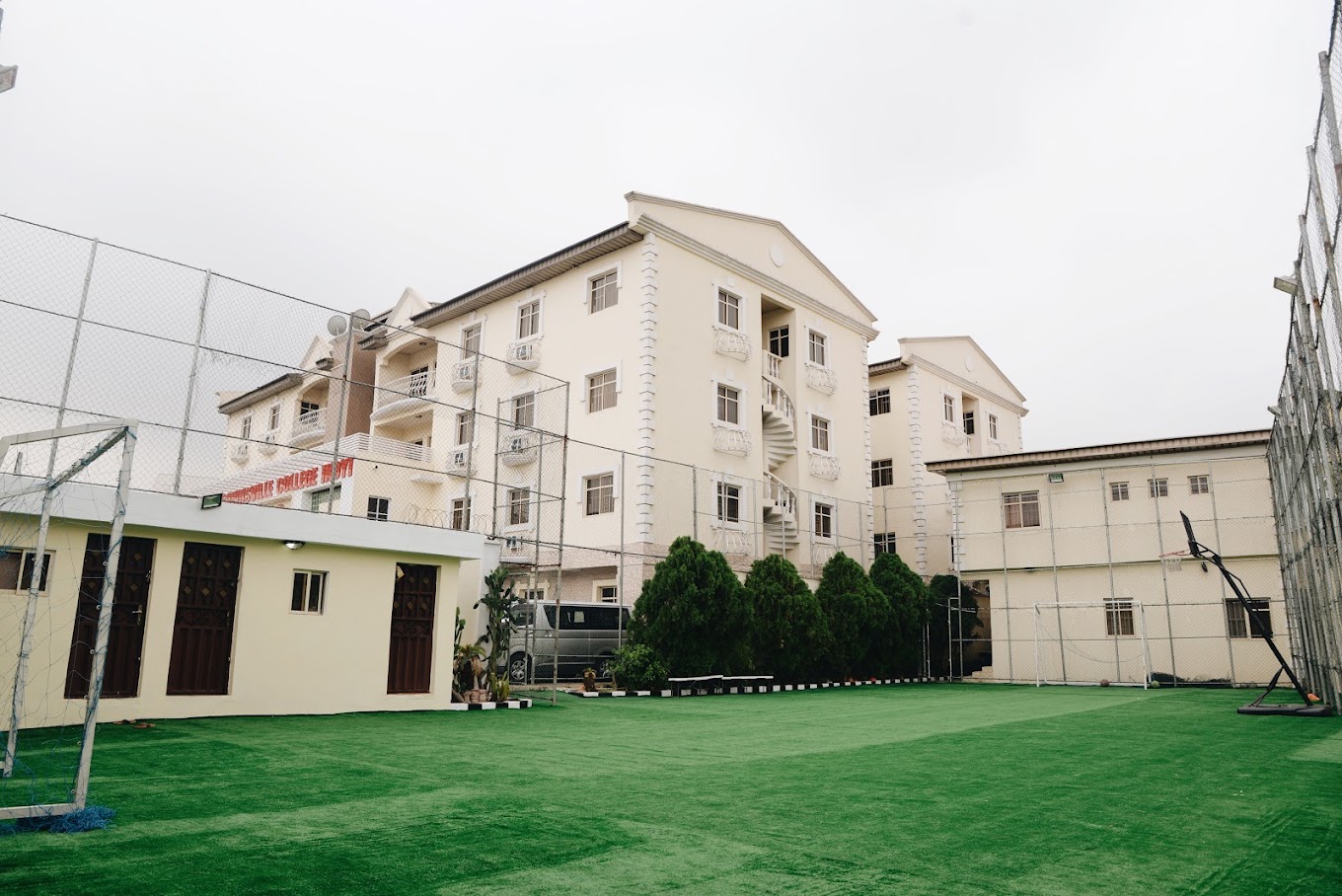15. July 2025
Admin
How to Start a Private School in Nigeria – Legal & Cost Guide

Starting a private school in Nigeria is a noble and potentially profitable venture — but it requires careful planning, legal compliance, and financial investment. This guide breaks down the key legal steps and cost considerations for aspiring school owners.
Quick Insight: From registering your school name to getting government approval and setting up classrooms, each step in school startup must follow national and state education standards.
1. Choose a School Type and Vision
Decide if your school will be:
- Crèche, Nursery, Primary, or Secondary
- Day or Boarding
- Co-educational or single-gender
- Curriculum: Nigerian, British, Montessori, Islamic, etc.
Define your school's mission, values, and long-term goal.
2. Register Your Business and School Name
- Register with the Corporate Affairs Commission (CAC)
- Get a Certificate of Incorporation
- Open a school account in your registered name
This gives your school legal recognition and the ability to apply for loans or grants.
3. Obtain State Ministry of Education Approval
Each state has its own guidelines. Generally, you’ll need:
- Application letter and completed forms
- Building approval, fire and health safety clearance
- Inspection by officials
- Qualified teachers and physical infrastructure
Some states (e.g., Lagos, Abuja) issue a provisional license first.
4. Understand Basic Facility Requirements
- Classrooms with proper ventilation and spacing
- Admin office, library, sick bay, and toilets
- Playground (for nursery/primary)
- Science and ICT labs (for secondary)
5. Estimated Cost Breakdown
- Land or Building: ₦5M – ₦20M (purchase or lease)
- Renovation & Furniture: ₦2M – ₦7M
- Learning Materials: ₦500k – ₦2M
- Teacher Salaries: ₦60k – ₦200k/month (per staff)
- Registration & Licensing: ₦100k – ₦500k
- Marketing & Branding: ₦300k+
Total Startup Estimate: ₦8M – ₦30M+ depending on scale.
6. Hire Qualified Teachers & Admin Staff
Recruit passionate and certified educators. For primary/secondary schools, TRCN certification is often required. You may need:
- Teachers (with B.Ed or PGDE)
- Admin Officer
- Cleaner and Security Staff
- ICT or Librarian (for large schools)
7. Develop School Policies & Curriculum
Define academic calendar, discipline code, and class structure. You’ll also need:
- School timetable
- List of subjects per class
- Assessment and report systems
- Promotion criteria
8. Invest in Branding & Marketing
- Design logo and school uniform
- Create a website and social media presence
- Use banners, flyers, and parent WhatsApp groups
- Host an open day or free summer lessons to attract parents
9. Use Technology for Management
Start with:
- Simple accounting software (QuickBooks, SchoolTry, SmartSchool)
- Online payment and admission forms
- Student management software for growth
10. Plan for Long-Term Growth
Monitor parent feedback, performance data, and gradually expand your facilities, curriculum, and staff strength. Always renew licenses as required and stay compliant with education regulations.
Final Thoughts
Starting a private school is a rewarding journey, but it requires financial commitment, legal awareness, and continuous improvement. With the right team and purpose, your school can thrive and shape the next generation of leaders.
Note: Always work with legal and education consultants when starting your school. Ensure all licenses are up-to-date before admission begins.